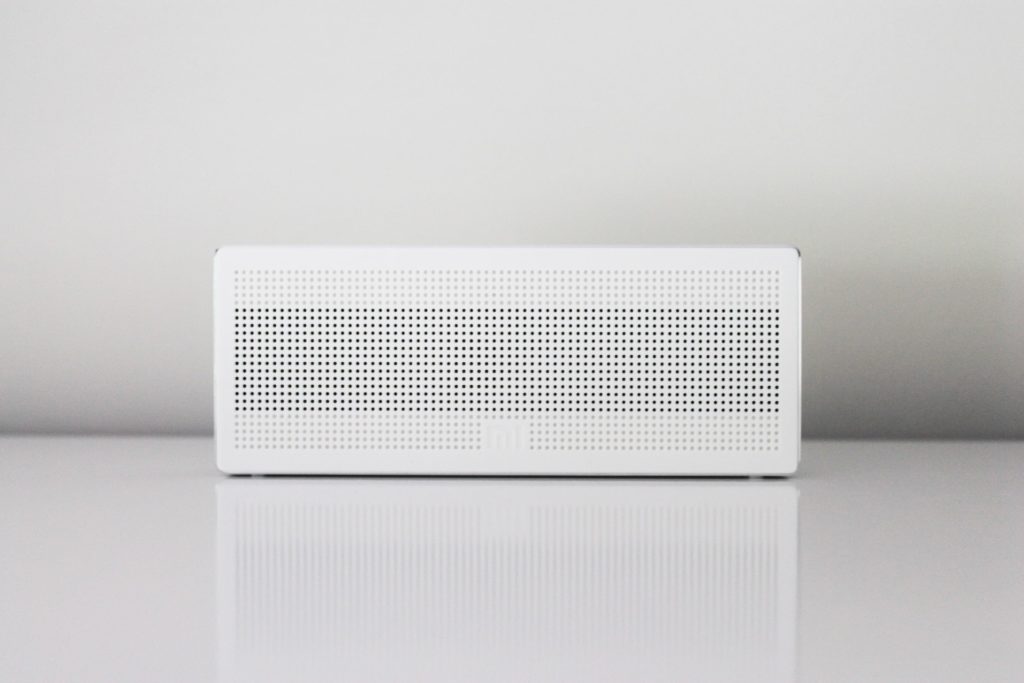Every homeowner has a list of ongoing responsibilities for the upkeep of their household’s systems. A prime example is your home’s air system, which includes both the heater and air conditioning units. Throughout the year, both machines require consistent check-ups and monitoring to ensure efficient functioning during the changes in weather and outside temperatures.
Over time, however, basic wear and tear can occur. Even the most dedicated homeowner can find a broken or faulty HVAC on their hands. Basic issues such as an airflow leak can have direct impacts on a home’s energy efficiency and indoor air quality. Here, we will look at what you need to know about common air conditioner leaks, as well as the correct course of action to get the unit running efficiently.
Common Air Conditioner Issues

No matter what type of air conditioner you have, there are certain problems that can arise over time. For example, if your family isn’t feeling the cold air of the HVAC system within the various bedrooms throughout the house, there are certain spots you should inspect for system issues. Before you call an HVAC technician, take a quick look at your home’s thermostat. Since replacing your thermostat is significantly more cost-efficient than the HVAC system, it’s your best option to start there.
If the thermostat setting doesn’t match the airflow temperature throughout your home’s different rooms, the connection between the thermostat and your air conditioner may be faulty. Believe it or not, the simple solution may be replacing the thermostat’s batteries! Depending upon the type of thermostat you have, however, this may not be the issue. A well-functioning thermostat may also run off of your home’s electricity or Wi-Fi network.
If you have a programmable thermostat, or recently purchased a new thermostat of similar technology, make certain that the type of thermostat you have is compatible with your HVAC system. If not, consider upgrading to a digital thermostat anyway, as the newer technology may be your best option for ensuring your preferences for the right temperature of your home.

However, a thermostat upgrade won’t solve HVAC unit problems such as a refrigerant leak or a similar issue within ductwork or ventilation. The basic rule of thumb dictates that you change your air conditioner’s air filters every few months. Over time, those filters accumulate a lot of dust, debris, and other allergens that cause blockages in the airflow.
Not only does this put a strain on the HVAC unit, but also impacts your home’s indoor air quality. It can also raise your home’s energy bill. One of the most common effects of HVAC wear and tear are the leaks that occur within the ductwork, causing your system to lose cold air and raise your monthly utilities.
The Impacts of AC Unit Leaks

One of the direct effects of a leak within your AC unit’s ductwork is a loss of cold air. Although your home’s indoor air quality is among the top priorities for your family’s health, keeping an eye on your household energy costs can be a strong tell-tale sign that your air conditioner has other issues. When you leak cool air and refrigerant, the HVAC system not only works overtime but your directly paying for the energy that’s being wasted.
All homeowners should be aware that energy efficiency, starting with a properly functioning AC unit, is important for both the environment, their family’s health, and their energy costs. Those higher energy bills could be an indicator that there’s a leak sometime in your HVAC system’s ventilation, which could turn into serious system failure over time. If the bedrooms or other areas of the house aren’t cooling down to the set temperature correctly, it may be time to call a professional technician.
When your HVAC system is working properly, the energy savings are quickly noticeable. In addition, scheduling regular maintenance will not only take care of the leaks that could occur within the air system but also extend the lifespan of the HVAC itself.






